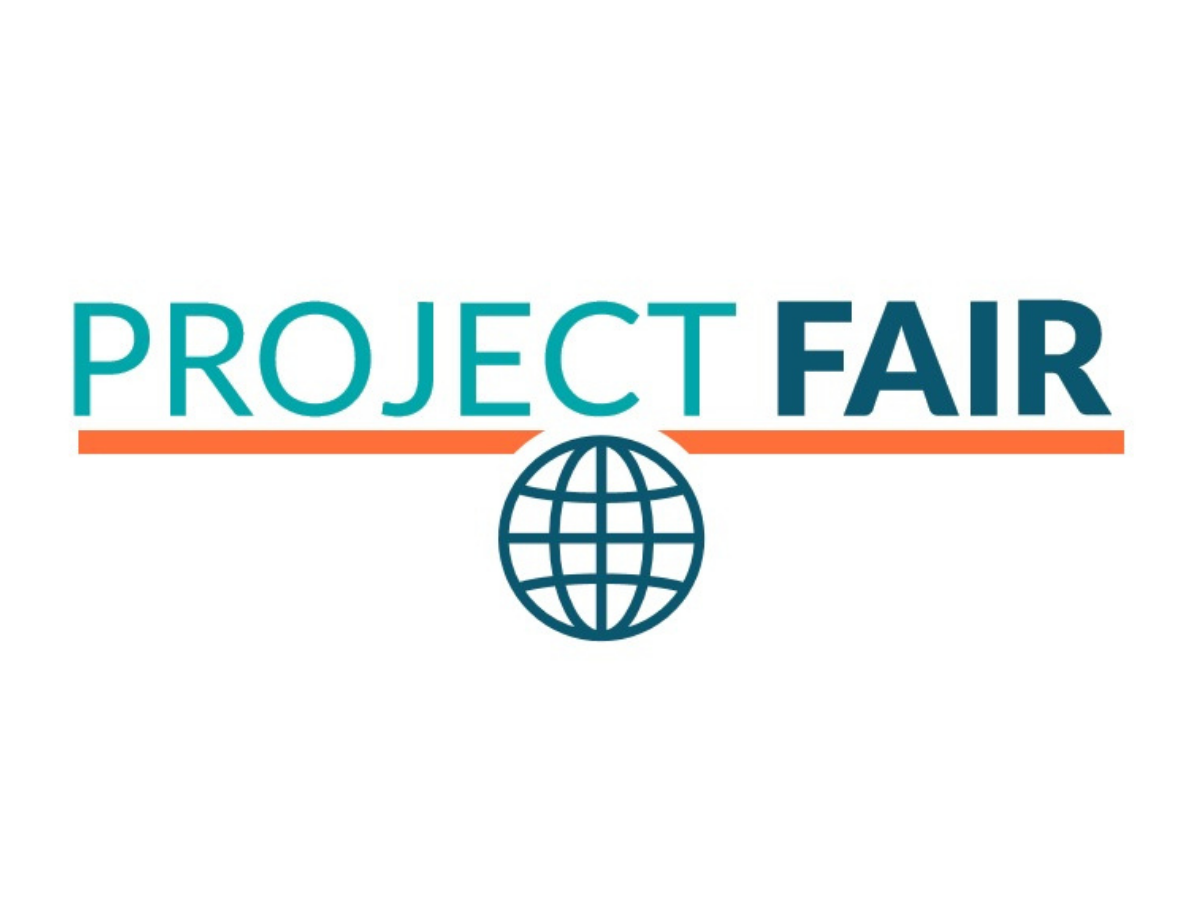Title: Exploring practical pathways for reward fairness in international NGOs
Authors: McWha-Hermann, I., Jandric, J., Wakefield, S., Carr, S.C., Grund, C., and Moutou, M., Project FAIR (Fairness in Aid Renumeration), University of Edinburgh
Type of resource: PDF report
Length:18 pages
Date: May 2017
About: This report (pdf) provides a full overview of Project FAIR, including background to the project, method, and analysis and discussion of findings. Within the international aid sector most organisations remunerate their national and international employees on different scales. The differences between local and international pay and benefits within this so-called “dual salary” system can be large, reflecting challenges of attracting skilled international workers to difficult contexts, whilst remunerating national employees appropriately within their local economy.
Project FAIR builds upon a strong body of research into the psychological impact of these disparate salaries in the sector, in particular their impact on some employees’ motivation, performance, and retention. The project aimed to collaboratively explore practical alternatives to the dual salary system and enable the INGO sector to maximise its contributions to decent work, sustainable livelihood and poverty eradication.
The purpose of this report is to outline the key findings from the research, for organisations wanting to create fair and transparent reward systems. It provides background to the topic, outlines the project methodology and results, and gives an overview of the Fair Reward workshop held in April 2017. Through 18 interviews with HR and reward managers from 13 international NGOs the project identified a series of interlinking findings. Of the organisations that participated in the project, three have shifted to a single salary system, five remain on a traditional dual salary system, and five use a “hybrid system”. Despite the different approaches, all highlighted a commitment to fairness and discussed a variety of strategic decisions to facilitate a process of incremental change. A series of supporting case studies have been published based on data gathered during the interviews.

